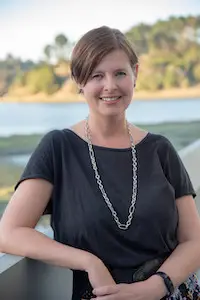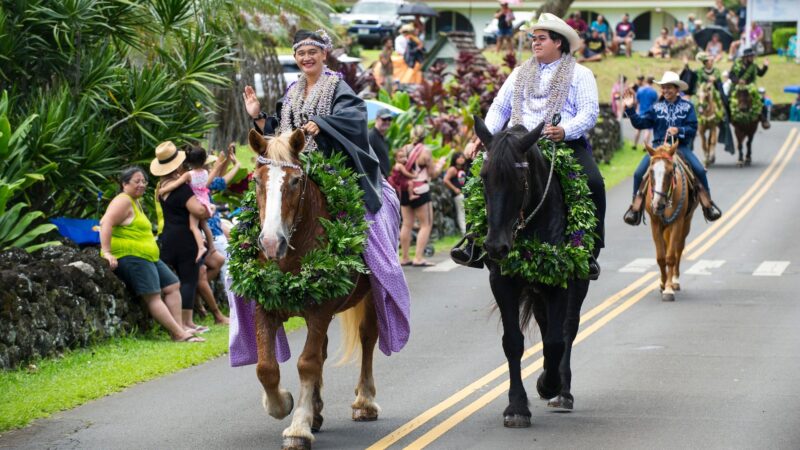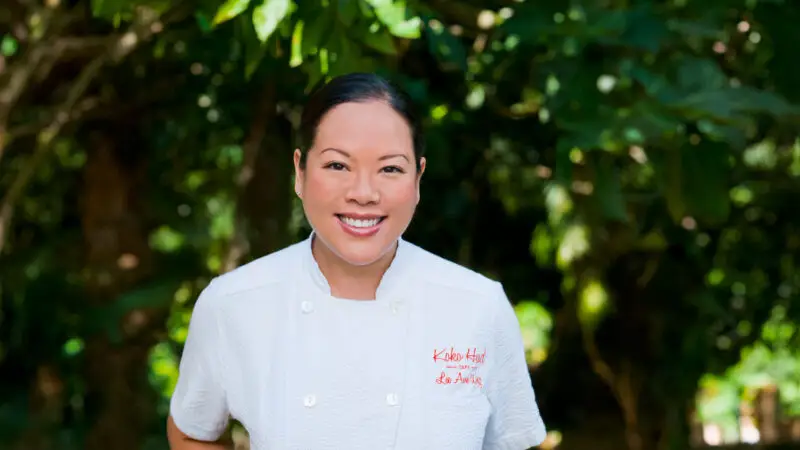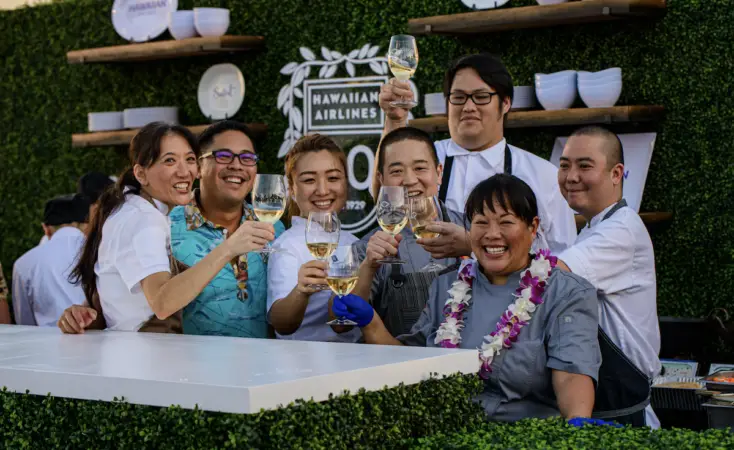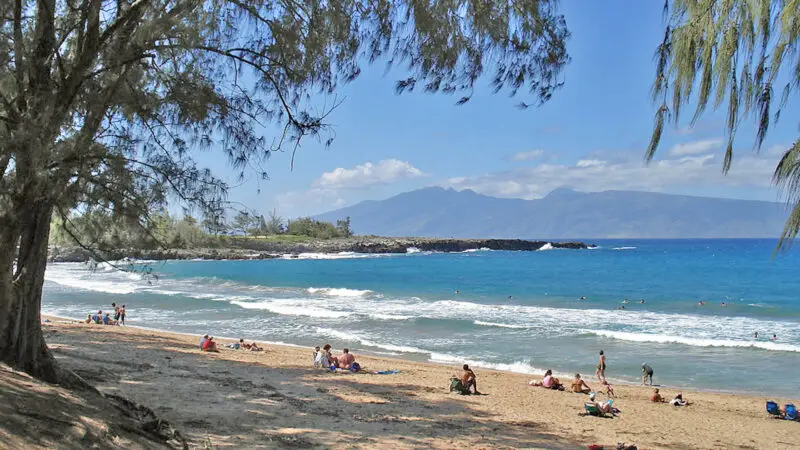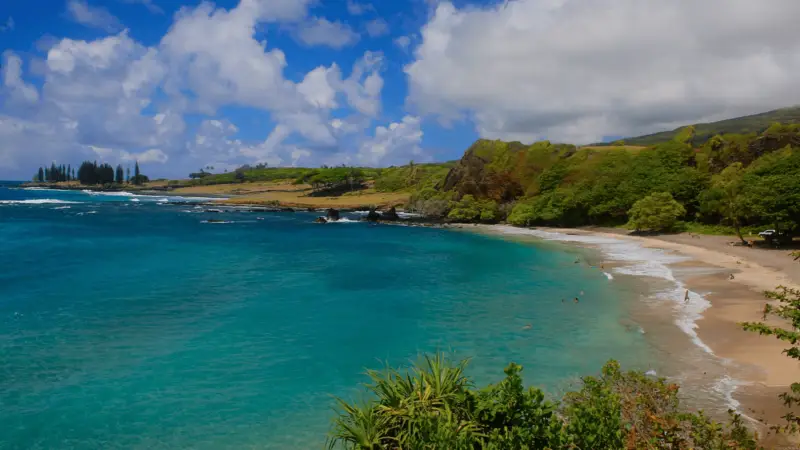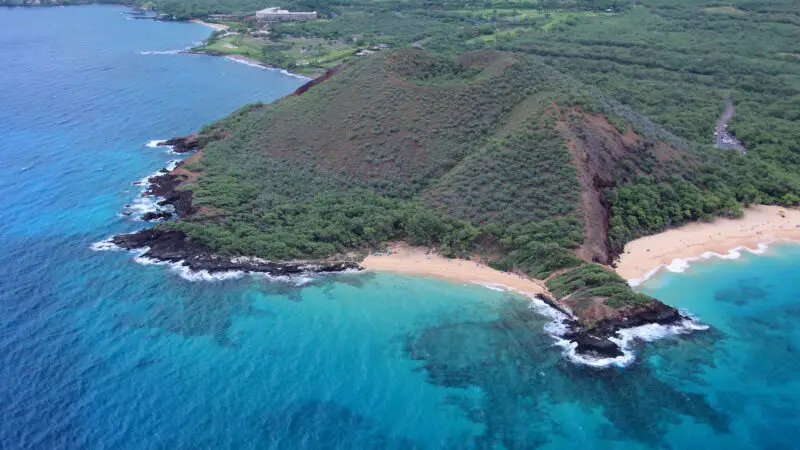For the past 10-plus years, New York native and Maui Chef Lee Anne Wong has called Hawaii home, where she’s the owner of go-to Honolulu brunch destination Koko Head Cafe. The talented chef cut her chops at Marcus Samuelsson’s Aquavit; played an integral role in the opening of Jean Georges Vongerichten’s Restaurant 66; and starred in season one of Bravo’s Top Chef, ultimately serving as the series’ supervising culinary producer for the next six seasons.
In 2019, Wong moved to Maui and opened Papa’aina at the Pioneer Inn located in historic Old Lahaina at the Harbor. Although the restaurant was sadly destroyed in the Maui wildfires of 2023, Wong is looking to the future. And, she continues to raise awareness and funds for the victims of the fires, including participating in events like the upcoming Maui at The Matheson dinner and live auction benefiting the Maui Strong Fund on May 18 during the Healdsburg Wine & Food Experience (HWFE). Here, she talks about what brought her to Hawaii, her favorite local farms and ingredients, her efforts to support restaurant workers affected by the Maui wildfires and her future plans.
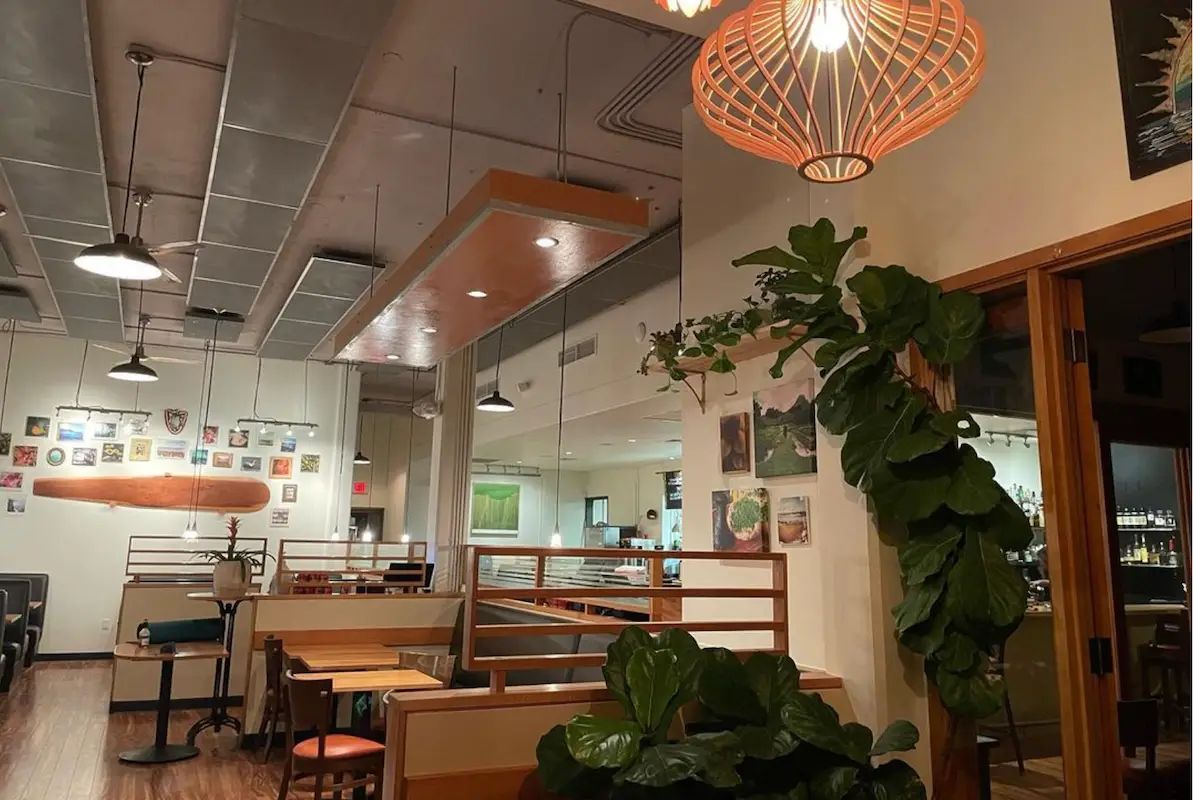
What originally inspired you to move from New York to Oahu and open Koko Head Cafe?
I needed a life change. I had been living alone in New York City for almost 20 years, and I had recently reconnected with my family in Hawaii who have been on Oahu for three generations. I met my business partner, Kevin Hanney, before I moved to Oahu (in December 2013), when I was judging and emceeing the Mango Jam Honolulu festival in Waikiki. The opportunity came up to do a breakfast concept in the space that had housed his dinner restaurant, 12th Ave Grill, when he moved it down the street to a larger space. I thought a modern Hawaiian-inspired brunch concept could fill a niche, and 10 years later we are proudly part of the fabric of our community. We actually moved into the larger 12th Ave Grill space again, post Covid-19, and now it feels like we are all grown up, with a giant kitchen, air conditioning and outdoor seating.
What should a first-timer order for brunch at Koko Head Cafe?
Everything — ha! Definitely get started with a queens mimosa or a cup of locally grown coffee and some of our fresh baked pastries or our signature breakfast bruschetta. We highly recommend the skillets, from our top sellers like our Koko Moco and breakfast bibimbap, to our unique Ohayou eggs. Don’t skip out on the cornflake French toast; what was supposed to be my tribute to Burger King French toast sticks ended up being our most popular dish 10 years strong. Our chefs also come up with a daily menu of seasonal, locally sourced dishes, including the always-changing dumplings all day wong, our dumpling composition of the day.
What are a few of your go-to spices and ingredients to cook with?
For spices, I gravitate to Szechuan peppercorns, roasted cumin, cardamom, Japanese sansho pepper, Chinese five spice and ras el hanout. My go-to ingredients include butter, really good olive oil, different textures of sea salt, local citrus, high-quality shoyu and vinegars, local honey, any form of anchovy, parmesan cheese and fresh vegetables from my local farmers. Right now, I’m on a dandelion greens kick — boiled with tons of lemon, olive oil and sea salt. It’s so good!
Do you have any favorite island farms?
Yes, one of the reasons I moved to Maui was because of the agriculture available here, from land to sea. Some of my favorites for produce are Okoa Farms, Bates Farm, Keokea Fields, Lokahi Farm and Okamura Farms. I get beef, pork, lamb, goat, and duck and chicken eggs, as well as vegetables, from Paul Lopes. For fruit, I like Angel Farm, Patnode Family Farm, Kula Country Farms and Okoa Farms.
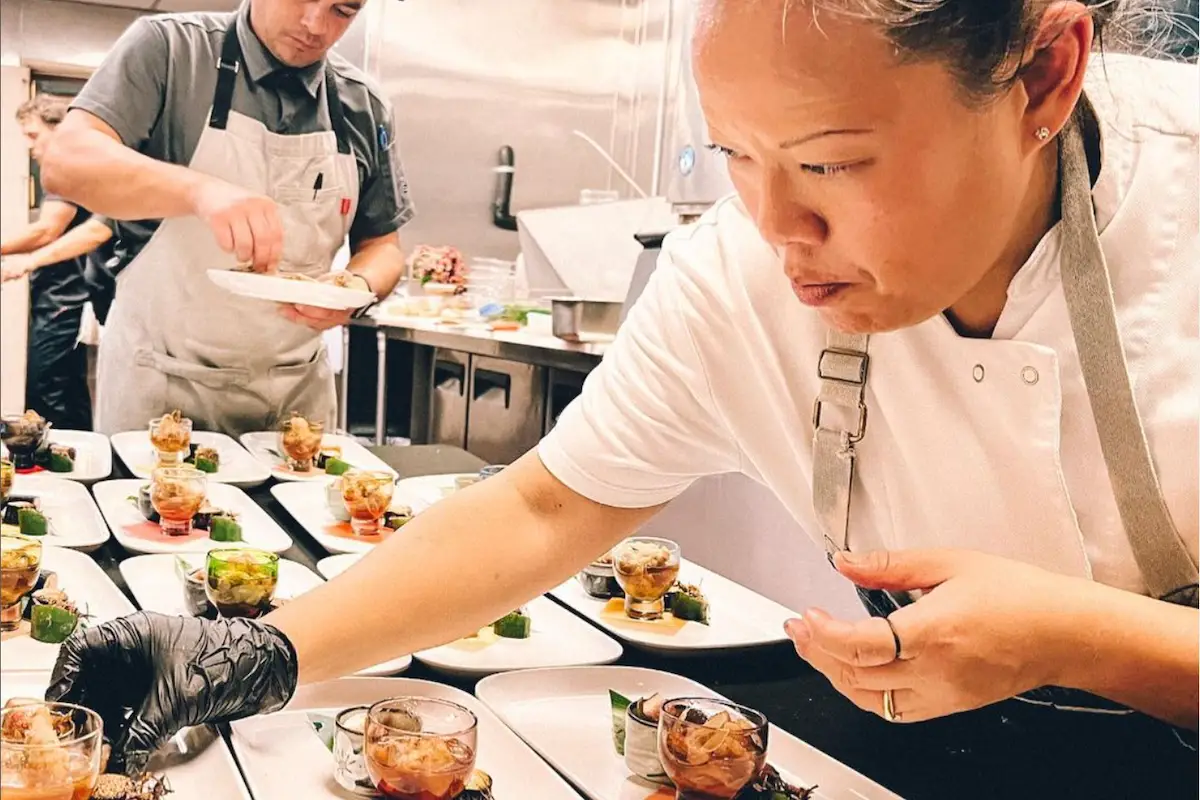
Who have been your mentors, and what other chefs inspire you?
André Soltner, Saori Kawano, Marcus Samuelsson and Nils Noren have all been mentors to me. As for chefs who inspire me, that would be literally everyone who puts on the coat and goes to work every day.
We were saddened when we learned about the loss of your Lahaina restaurant, Papa’aina, during the Maui wildfires of last year. Do you plan to open another restaurant on Maui?
It’s an extremely challenging environment for small business, or any business for that matter. Because the housing crisis here is very real and has only been made worse by the fires and the subsequent housing market chaos, the average median cost of a home in Maui is $1.3 million, up from $1.1 million in February. It’s hard for any working-class person to exist and not have to work two jobs to make ends meet. As a business owner, it’s a worker’s market, so hourly wages have to be competitive. But the only thing that pays those wages is your gross income, which is whatever prices your customers can bear, and then it’s a volume game. So, with high hourly wages and operating costs; sheer lack of workforce; lack of customers, as both tourism is down and locals aren’t spending freely on going out; and a plethora of expensive and time-consuming hurdles to get your business up and running while the county and state are still focused on recovery and displaced residents, I’m not looking to start another restaurant on Maui. While I would love to continue to reside here, and continue to help this community rebuild, I am looking to other islands for next opportunities. Busy as ever, I have a couple of irons in the fire.
Tell us about some of your efforts to help Maui’s restaurants and restaurant workers affected by the wildfires.
In the days following the fires, I was part of a huge community effort to get food and supply relief to those who needed it most. More than 6,000 displaced residents were scattered across the island with little means of communication, and power was out for weeks. As time passed, I focused on fundraising for my own staff at Papa’aina and the hotel staff of the Pioneer Inn, as well as continuing to promote awareness for Maui’s long-term recovery on various national platforms. I was also recently part of a delegation of Hawaiian community members who were invited to the White House to meet with the administration and the director of FEMA, and I continue to advocate for Maui as a small business owner and someone who is raising her family here.
Coming up soon, I’m also so excited to be collaborating with the Healdsburg Wine & Food Experience, Dustin Valette and the team at The Matheson, Kosta Browne, and the Hawaii Visitors & Convention Bureau for our Maui at The Matheson dinner on May 18. We have incredible food sponsors like California Caviar Company, Blue Ocean Mariculture and Snake River Farms. Proceeds from this dinner will benefit the Hawaii Community Foundation Maui Strong Fund, which has been instrumental in funding on-the-ground operations and resources for our community after the devastating fires last August.
Is now a good time for visitors to return to Maui? What should they know?
We’re encouraging conscientious and empathetic travelers to visit Maui County. Lahaina is still a no-tourism zone and pulling over to the side of the highway to take pictures of the burned areas is absolutely not the type of behavior the locals will embrace or tolerate. While many businesses want to show their aloha, it’s important for visitors to understand that this community will be healing for a long time, and to be sensitive to the fact that they may be interacting with someone who has been directly affected by the fires.
While the Westside is open for business (Kaanapali and Napili, etcetera), vacationers should be aware of the continued efforts to house displaced residents, as many are still being sheltered in hotels by FEMA. Central, Upcountry, South and East Maui are still vibrant areas to stay and explore with diverse agriculture, activities, dining options and cultural connections. Those who can’t come visit can always support Maui businesses through online purchases and gift cards, and they can continue to donate toward community recovery with any number of charity organizations.
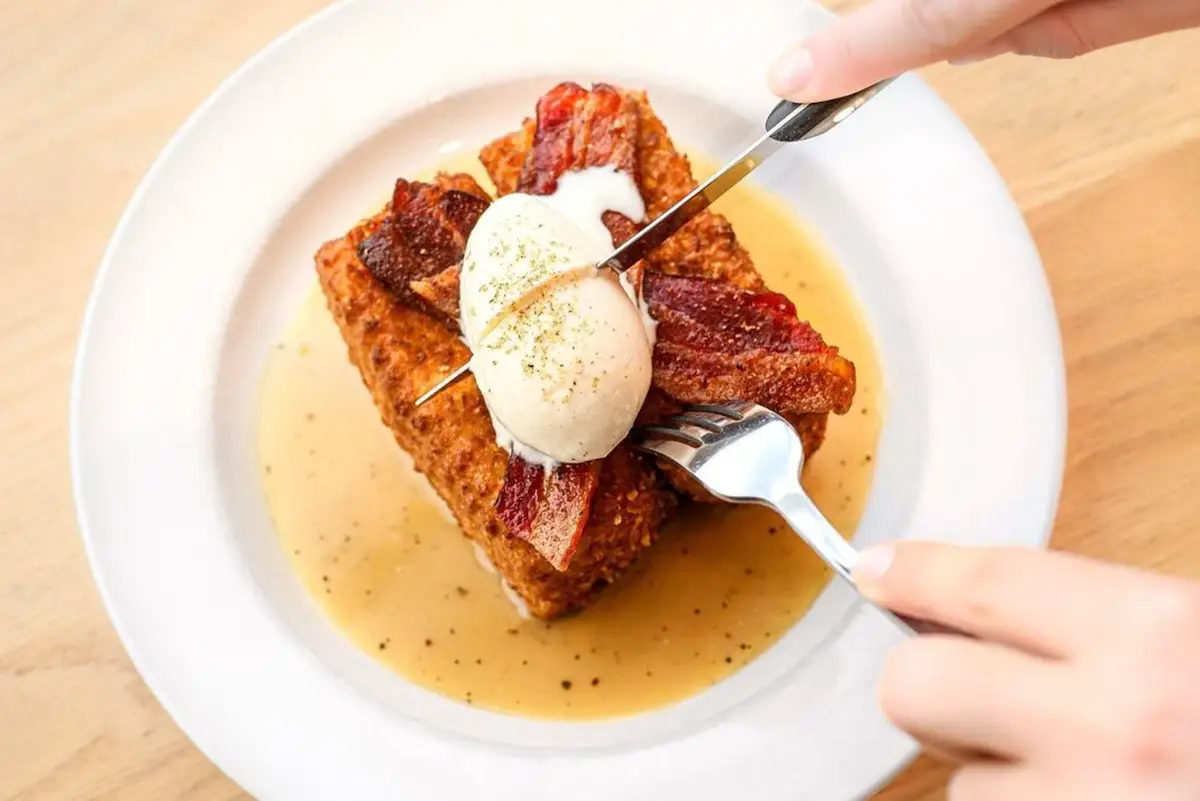
Is there still a need for help in Maui’s restaurant industry? If so, how can people get involved?
So much, yes. Advocacy for affordable housing is top of the list in practical actions, but it’s an ongoing fight in learning how to navigate local government politics and policies that impact small businesses. Results and change are slow when dealing with bureaucracy and red tape. Most small businesses in Maui were left to foot the bill for their food relief efforts in the weeks following the fires. The Small Business Administration has not been forthcoming with loans and extensions after the third state mandated shut down of Maui County in four years. There are no grants this time around and the Fed is not coming to the rescue of the small businesses who are still trying to recover from the economic and labor impacts of the pandemic. It’s not a pretty picture, but I’m continuing to communicate with local officials to at least maintain the relationship and my ability to advocate on behalf of those who are busy trying to keep their businesses afloat.
What can the public do?
Support independent restaurants. But even if you’re dining at a chain restaurant, you are still supporting everyone who is employed at that establishment. Stay positive and sympathetic to the fact that almost every business in Maui is short staffed. Appreciate the people working hard for your vacation; “mahalo” and “thank you” go a long way. Don’t complain about gratuity or service charges. Tip over 20%. Most businesses are trying to make sure their staff can make enough money to stay on the job. Positive customer interaction, whether it’s face-to-face or a positive online or social media post, can literally save a business. Part of the beauty of Hawaii is the people who live and work here. There’s so much value in the effort to look your waiter or bartender in the eye and have a friendly conversation.
You’ve lived in Hawaii for more than a decade now; is it your forever home?
If I’m being completely honest, nine months ago I would’ve said yes. But when Papa’aina burned down, I lost my primary income, so I’ve been trying to figure out how I envision the next five to 10 years of my life, workwise. The Maui fires recovery is a slow, ongoing process that will probably take at least a decade. Our future on this island is uncertain, so for now I’m focusing on my Oahu restaurant, Koko Head Cafe. We recently expanded to Tokyo last year and will be opening in Osaka in early September. That being said, my home is wherever my partner and son are, as long as we are together.
Any other future plans you can share?
I’m jumping into the chili crunch condiment game — great timing, ha ha. I’ve had a product in development for almost a year. Stay tuned. I’m also going to write a Koko Head Cafe brunch cookbook in honor of our 10th anniversary, which we celebrated this past March. And, I plan on continuing my advocacy efforts for both my Maui community and my industry as I focus on mental health in the hospitality sector.

